Coordinating COMMITTEE
This group liaises with SURJ National. Some members help to ensure that accountability relationships are maintained, innovate effective organizational structures, evaluate strategic planning, and oversee finances.
Project Areas
Project areas are groups of SURJ members that have organically come together to organize around a particular issue or topic. They are not as formal as working groups, but they certainly do important work and regularly hold meetings.
Accountability
Working Groups
The working groups are the main drivers of SURJ NYC’s work and they each hold monthly open meetings that new members are welcome to attend. Members who participate in working groups are considered active members of SURJ NYC. They are also added to an email list and invited to join the SURJ Slack space for internal communication.
Anti-Mass Incarceration (AMI): Works with local and state wide organizations on anti mass incarceration issues.
Base Building (BB): Expands membership and welcomes folks into SURJ NYC through events, study groups, house parties, film screenings, and more. Engages in deep canvassing door-knocking campaigns (outside of COVID-19 time). Orients new members and runs chapter meetings.
Beyond Policing (BP): Works to reject policing in all its forms, including the ways that we, as white people, police ourselves and our communities. Works with Black led local organizations in support of police abolition and accountability.
(Formerly known as the Police Accountability Working Group)Communications (Comms): Distributes weekly update to general membership. Maintains website and social media. Advises on campaigns and messaging. Coordinates media training and asks from media. Manages all data relating to membership.
Education Justice: Parents, educators, and students engaging in personal reflection to unlearn personal biases, working within their "sphere of influence" to create more anti-racist learning spaces, and organizing for racial equity in school policy (e.g. funding education, getting cops out of schools, implementing antiracist curriculum, etc). Fill out this form to get involved!
Electoral Gains Group (EGG): Coordinates, educates, organizes, and mobilizes white NYC voters. The goal is to shift the city in a more progressive direction by educating voters and focusing efforts on districts that can make a difference. Get connected here!
Housing Justice: Currently focuses on taking part in organizing a mass resistance to stop evictions and build pressure to #CancelRent. To join SURJ NYC in the fight for housing justice, sign up for a Housing Action Team.
Immigration Justice: Organizes with POC-led groups — including the Abolish ICE NY-NJ coalition and the Queer Detainee Empowerment Project — to end immigrant detention and policies that criminalize immigrants. Past and current work has focused on freeing people from detention, closing detention centers, and stopping deportations, as well as support for individuals in detention and their families. Additional work includes political education and investigation of the role that whiteness and racial capitalism play in benefiting from systems that simultaneously criminalize and detain our Black and brown neighbors.
Indigenous Solidarity (IS): Strives to practice solidarity with Indigenous peoples, locally, regionally, and globally. Practices of Indigenous solidarity include decolonial learning, moving resources to Indigenous people and organizations, participating in Indigenous-led collective action, and intentionally build right relationship to the Earth and within our relationships.
Please contact us if you have questions or would like to get involved with any of the working groups — although we highly encourage attending an orientation first, if possible.
And check out our event calendar for more information.
